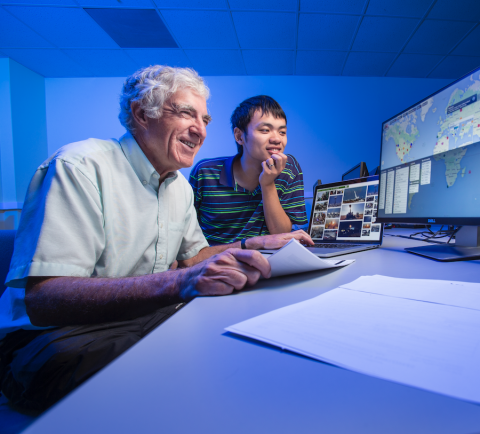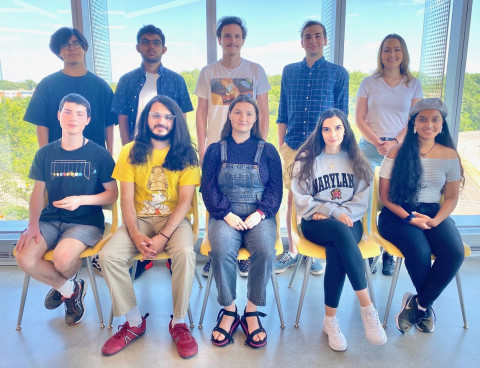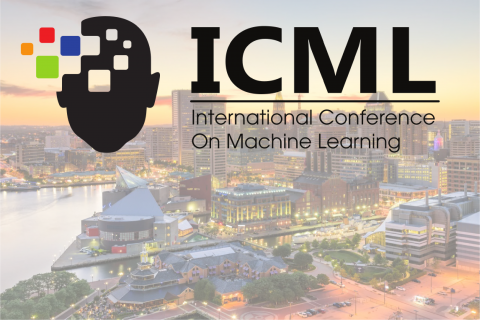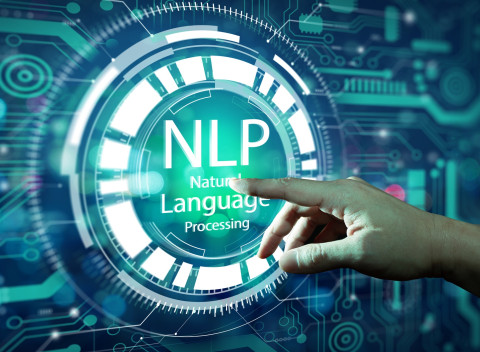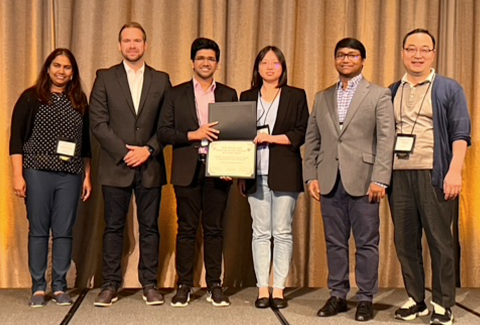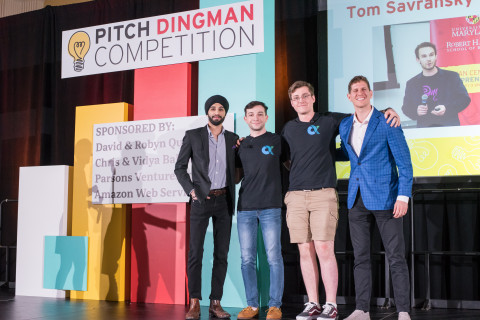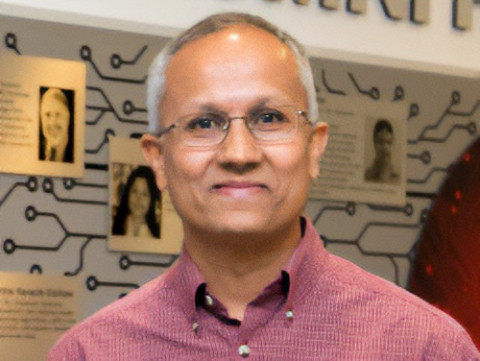Recent News & Accomplishments
2022
The award—the highest honor given by the SMA—recognizes stellar contributions of a technical and leadership nature made to solid, geometric or physical modeling and its applications.
Hanan Samet (left in photo), a Distinguished University Professor of computer science with an appointment in the University of Maryland Institute for Advanced Computer Studies (UMIACS), has just been honored by the Solid Modeling Association (SMA) with its prestigious Bézier Award. The award—the highest honor given by the SMA—is named for the late Pierre Bézier, a French engineer and one of the founders of the fields of solid, geometric and physical modeling. It is given to an individual or group for stellar contributions of a technical and leadership nature made to solid, geometric or... read more
Following the genome revolution, bioinformatics has rapidly risen as an essential field of research. To increase our understanding of health and disease, there is a critical need for scientists with interdisciplinary training to process and analyze large-scale genomic datasets. The Center for Bioinformatics and Computational Biology (CBCB) is working to fill those ranks. This summer, a group of 10 undergraduate students from across the country are collaborating with University of Maryland faculty and graduate students to research real world problems in metagenomics, machine learning, single-... read more
The researchers—a mix of faculty, postdocs and students—are presenting 18 papers and are featured in 18 workshops.
University of Maryland researchers focused on machine learning are well represented this week at the 39th International Conference on Machine Learning ( ICML 2022 ) being held from July 17–23 in Baltimore. The UMD researchers—a mix of faculty, postdocs and students—are presenting 18 papers and are featured in 18 workshops. Their research covers a wide range of topics such as measuring the robustness of neural networks, improving the accuracy of classifying images in uncommon settings, and leveraging human assistance to help AI agents cope with unfamiliar situations. Many of the participating... read more
Researchers from the Computational Linguistics and Information Processing (CLIP) Lab are presenting five papers and contributing to several workshops at a top-tier conference for natural language processing this week in Seattle. The 2022 Annual Conference of the North American Chapter of the Association for Computational Linguistics (NAACL) is being held July 10–15 and streamed online in a hybrid format. CLIP faculty, graduate students, postdoctoral researchers, and alumni are all represented in the conference program. Marine Carpuat , an associate professor of computer science and program co... read more
Anyone’s digital safety, security or privacy can be attacked, yet researchers refer to at-risk users as those who are more likely to be attacked or suffer disproportionate harm. For example, LGBTQIA+ individuals face an elevated risk of harassment on social media, and older adults are more likely to fall for phishing scams. A growing body of research explores at-risk users whose digital safety needs go unmet because systems are typically designed for the average user. It’s common to recommend that extra consideration be taken into account for vulnerable users during the technology creation... read more
Researchers from the University of Maryland were recently recognized for their innovative work in developing a low-powered acoustic sensing system for miniature robots. Computer science graduate students Yang Bai and Nakul Garg and their adviser, Assistant Professor Nirupam Roy , received a Best Paper Award at the 20 th ACM International Conference on Mobile Systems, Applications and Services (MobiSys), held from June 27–July 1 in Portland, Oregon. “ SPiDR: Ultra-low-power Acoustic Spatial Sensing for Micro-robot Navigation ,” details the development of an acoustic sensor that produces a... read more
Mokhtarzada Hatchery team Quandry’s wild ride to startup success
Ryan Downing and Bryan Houlton aren’t the kind of guys who shy away from taking a risk. “My philosophy is kind of like this,” explained Houlton, who just completed his sophomore year as a computer science major at the University of Maryland. “If I’m going to take a big risk and start something, now is the time.” Last fall, Houlton and Downing went all-in on the risky business of tech entrepreneurship. They created the quantitative finance platform Quandry and got a running start thanks to the Department of Computer Science’s Mokhtarzada Hatchery incubator for student tech ventures. From day... read more
He was honored for outstanding contributions to mentoring and teaching students from different, often non-traditional backgrounds.
University of Maryland alum Rajiv Gandhi (Ph.D. ’03, computer science; advisor: Samir Khuller) received the 2022 SIGACT Distinguished Service Award for outstanding contributions to mentoring and teaching a large number of high-school and undergraduate students from many different, often non-traditional backgrounds—empowering them to achieve substantially in theoretical computer science and to take an appreciation for theoretical computer science into their other computing endeavors. Gandhi, a professor of computer science at Rutgers University-Camden, established the Program in Algorithmic... read more
Mihai Pop, a professor of computer science noted for his scientific research and advocacy for equality and inclusion in academia, has been reappointed as director of the University of Maryland Institute for Advanced Computer Studies (UMIACS) for a three-year term, effective July 1, 2022. As director, Pop will continue to provide leadership to 76 UMIACS faculty members and almost 200 graduate students from eight departments across the UMD campus, as well as two-dozen administrative and technical staff that support the institute’s research, innovation and outreach. Pop has served as director of... read more
As computer architectures advance, the software must be redesigned to utilize its full power. Modern computer platforms achieve the most efficient results by breaking down computational tasks into smaller pieces that can be executed in parallel. These parallel algorithms far out-perform programs that can solve problems only one step at a time. Laxman Dhulipala , who will begin July 1 as an assistant professor in the Department of Computer Science, says the overarching goal of his research is to design, analyze and implement parallel algorithms that are faster and more efficient. He... read more
